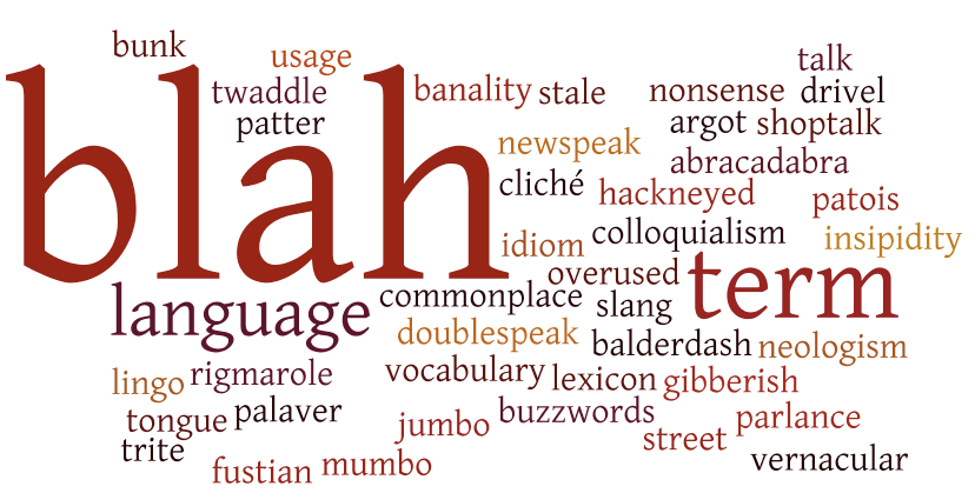In middle school, we memorized vocabulary lists to learn new words and build our reading comprehension. In high school, we memorized vocabulary lists to prepare for college entrance exams. In law school, we memorized legal terms for cold calls and final exams. Success at these tedious memorization exercises led to academic accolades and bragging rights. After years of indoctrination, it’s no surprise that we would believe that a large vocabulary would impress readers. But if you believe that, you’d be wrong.
According to Professor Julie A. Baker, readers judge writers who use unfamiliar vocabulary as less intelligent. And unfamiliar language increases the reader’s perception of risk.
So if you want to be perceived as intelligent and you want your writing to be persuasive, embrace plain language and familiar words. In an empirical study of legal communication, Professor Christopher R. Trudeau found that 80% of people prefer plain language in legal documents.
What makes language plain? A key ingredient is simple, short, familiar words.
Familiarity Feels Good
Using familiar words makes it easier for the reader to receive and process information. The more complex the topic, the more familiar words you should use. Because law is an inherently complex subject, we must work harder to make sure our writing does not form an additional barrier to understanding.
Choosing simpler words will pay off by making your writing more persuasive. The right word choice feels easy to the reader, which makes the reader more likely to accept the information or your assertion as true.
Start by considering terms of art in your document. Are these words truly terms of art, or are they just jargon and legalese?
Is Your Jargon Justified?
In Writing to Be Understood, author and business writing coach Anne Janzer provides this framework for whether your words are necessary or should be simplified:
Necessary vocabulary: those terms that are essential to the field or that save you, the writer, so much time in communicating that you want the reader to be comfortable with them
Unnecessary terminology: words or phrases for which perfectly reasonable and accessible alternatives exist
When writing, ask yourself which category your words fall in. Even if your words appear in Black’s Law Dictionary or old caselaw, there may be a better choice and the Janzer test will help you decide. If your legal words and phrases are truly terms of art, they should fall within the “necessary vocabulary” category. If they don’t, they’re just legalese or jargon best replaced.
A word of caution: Not all legal words and phrases are unnecessary. Some words are terms of art and some phrases are the legally operative “magic words” that are so familiar they actually improve a reader’s understanding.
Strategic Use of Legalese
Before you simplify your entire brief, consider where “writing like a lawyer” might be advantageous: when describing bad facts or bad law. According to Prof. Baker, “using less fluent language [like legalese] when addressing counter-facts and opposing arguments will actually increase the writer’s persuasion – by making the reader less friendly to those less fluent portions of the opponent’s analysis.” Of course, if you try this approach, be sure to structure your brief so the facts and law favorable to your client are clearly and concisely stated using familiar words.
Conclusion
The scientific research is in and it shows that using shorter, familiar words is more persuasive and reflects better on the writer than using legalese. So simplify your writing now. With the click of a button, WordRake will help you choose simple, familiar words—but will leave most necessary vocabulary and legal terms of art intact. It will help you filter out terms that cloud comprehension and replace them with words that help you persuade. Try WordRake for free for seven days.
About the Author
Ivy B. Grey is the Chief Strategy & Growth Officer for WordRake. Prior to joining the team, she practiced bankruptcy law for ten years. In 2020, Ivy was recognized as an Influential Woman in Legal Tech by ILTA. She has also been recognized as a Fastcase 50 Honoree and included in the Women of Legal Tech list by the ABA Legal Technology Resource Center. Follow Ivy on Twitter @IvyBGrey or connect with her on LinkedIn.








